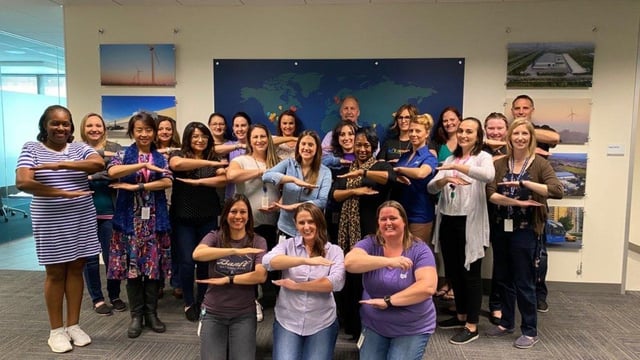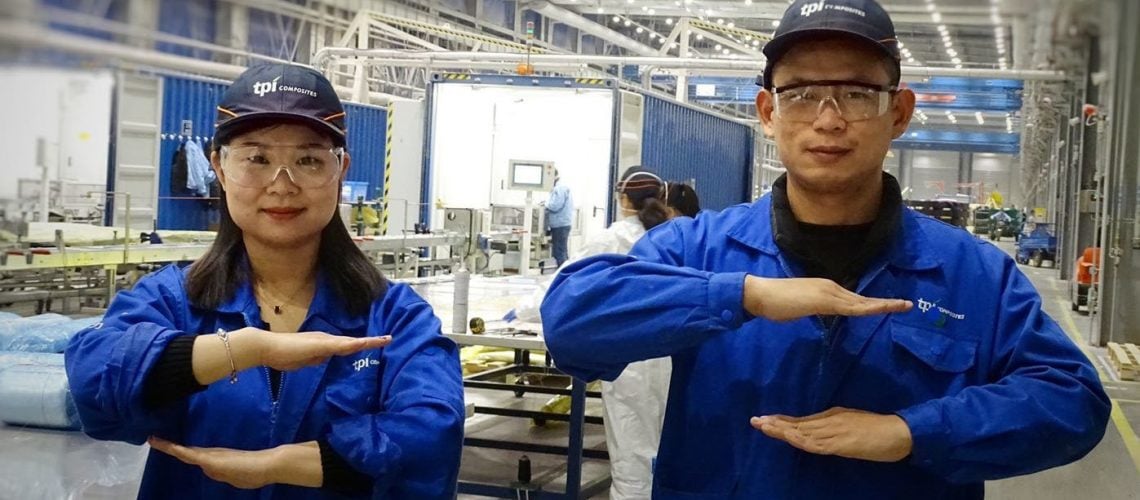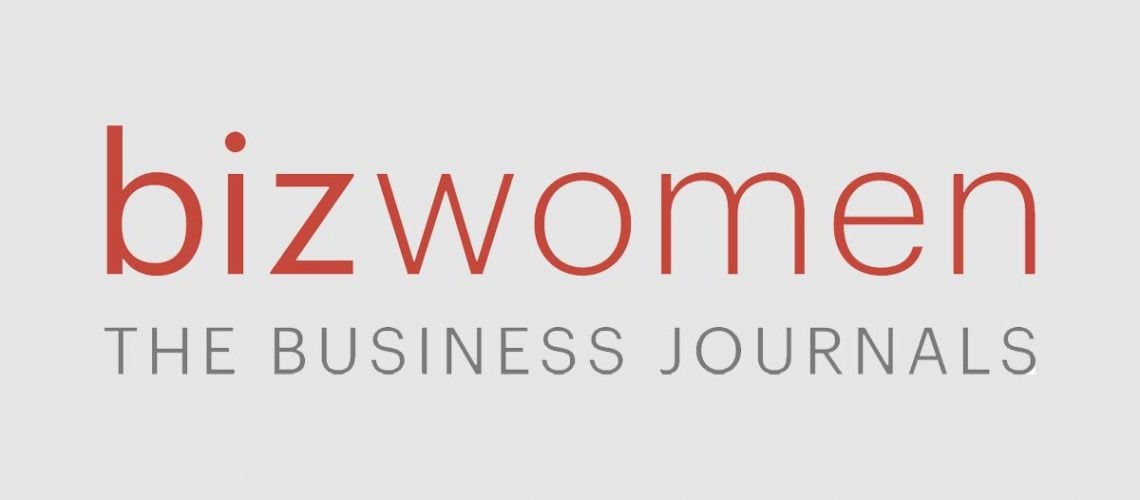At a time when the oil and gas sector has lost more than 100,000 jobs, a top executive of a renewable energy firm has a crucial message for ALLY members. “We have open jobs on the renewables side,” says Deane Ilukowicz, senior vice president of Human Resources for TPI Composites. And many of the skills that people have built in oil and gas “are very transferable,” she adds.
TPI recently became the first wind company to join ALLY as a corporate member. (If you haven’t yet heard, ALLY is our social platform developing the workforce that will deliver the energy transition. Join today!)
“We’re excited,” Ilukowicz said. She praised ALLY for “addressing issues that some organizations don’t want to address, particularly hard things like equity,” and doing so in a “much more strategic and practical way.”
While her position puts her in charge of HR, Ilukowicz said she’s “very careful” to emphasize that inclusion, diversity and equity are “a business initiative-- not an HR program. By having a more diverse and inclusive environment, we’re going to improve our overall business performance and improve retention.” These efforts have buy-in from the top executives in the company, she says.

(See Pink Petro founder Katie Mehnert on The Business Imperative for Inclusion.)
On being an ‘only’
As with the entire energy sector, TPI has plenty of work to do, Ilukowicz says. While the company has diversified its board so “we now have three female and three ethnically diverse board members instead of all white males”, when it comes to the senior management ranks, Ilukowicz is “an only,” she says. “I’m the only female on the executive team.”
“It can be really hard because you do at times feel like you're representative of your gender. But it’s also an opportunity to raise your hand and say something when it doesn’t feel right or a different point of view should be heard. To share that perspective, and have influence. Sometimes that’s hard to do, to share an opposing opinion and be a lone voice in a room… As a female leader in this environment, you also strategically have to think about what you’re going to make an issue out of and what to let go.” But speaking up is important -- especially when you’re pointing out something that might make people feel excluded or a decision is being made that lacks diverse input, she says.
Building culture change in a company requires “getting under the hood of the car” to look at the “nuts and bolts of the engine,” Ilukowicz says. Big statements and metrics are important, but you need to dig in and unpack the data as well and find out things that may not be as visible on the surface, such as whether people feel a sense of belonging in the company and whether career pathways and promotions are able to take place on an even playing field.
Attracting women to wind jobs
There are also societal challenges to bringing in women to field service jobs, even now when there are many such jobs available, Ilukowicz says. Climbing up a tower “would be more than a little frightening for me, but I believe in my core that women can do this type of work.”

“We also battle some cultural norms globally,” including around what kind of work women are and are not able to do, Ilukowicz says. TPI recognizes that you “need to be thoughtful in the local culture, but also innovative and creative” in finding ways to advance gender equity and inclusion. “Something might be the norm locally, but at TPI we strive to be better than the norm.”
IRENA, the International Renewable Energy, reported in January that “Women represent only 21% of the wind energy workforce,” compared to 32% in renewables overall and 22% in “traditional energy industries like oil and gas.”
Despite the challenges, Ilukowicz sees progress on the horizon. More people of different backgrounds are joining the field, and are passionate about it. “The pride you get working for a clean energy company is infectious,” she says. “People are excited to be part of this industry.”
Watch Ilukowicz discuss courageous leadership in a former online event with Katie Mehnert, CEO of ALLY by Pink Petro:




